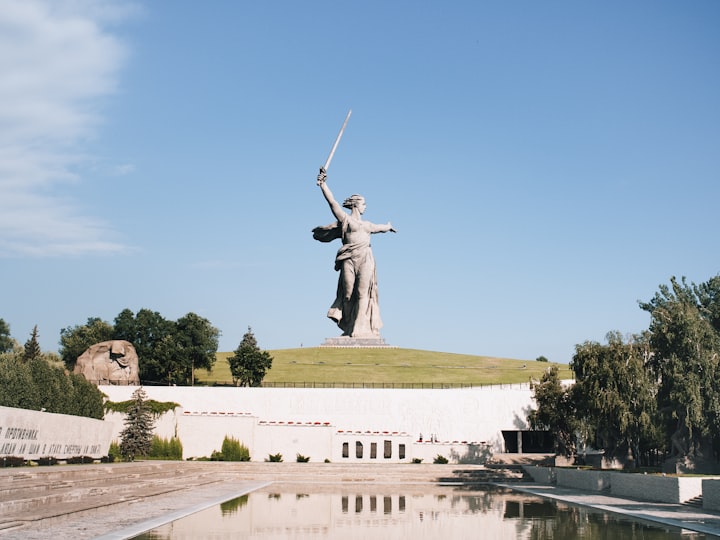Hazrat Muhammad (SW)
Biography of Hazrat Muhammad (SW)

**Birth and Early Life:**
- Hazrat Muhammad was born in Mecca (now in Saudi Arabia) in the year 570 CE.
- He belonged to the noble Quraysh tribe, specifically the Hashim clan.
- Orphaned at a young age, he was raised by his grandfather and later by his uncle.
**Prophethood:**
- At the age of 40, while meditating in the Cave of Hira, Muhammad received his first revelation from God through the angel Gabriel (Jibril in Arabic).
- Over the next 23 years, he received a series of revelations that were eventually compiled into the Quran, the holy book of Islam.
**Teaching and Ministry:**
- Hazrat Muhammad's message emphasized the worship of one God (Allah), monotheism, and moral and ethical conduct.
- He preached against idol worship, social injustices, and other practices prevalent in pre-Islamic Arabia.
- His followers, known as Muslims, grew in number, despite facing persecution from the Quraysh tribe.
**Migration to Medina:**
- In 622 CE, due to escalating persecution in Mecca, Hazrat Muhammad and his followers migrated to the city of Yathrib, later renamed Medina (the "Hijra"). This event marks the beginning of the Islamic calendar.
- In Medina, he established a model Islamic community and served as a political and spiritual leader.
**Return to Mecca:**
- After several years of conflict and negotiations, Hazrat Muhammad and his followers returned to Mecca in 630 CE.
- He forgave many of his former enemies and worked to establish a peaceful Islamic state.
**Death:**
- Hazrat Muhammad passed away in 632 CE in Medina.
- His death marked the end of prophethood, and he is considered the final prophet in Islam.
The life of Hazrat Muhammad (peace be upon him) is a central focus of Islamic history and theology. His teachings, recorded in the Quran and Hadith (sayings and actions attributed to him), continue to guide the lives of Muslims worldwide. His character and example serve as a model for Muslims to follow in their daily lives.
Prophet Muhammad, known in Arabic as "النبي محمد" (pronounced as "An-Nabi Muhammad"), is regarded as the final prophet and messenger in Islam. He was born in Mecca, in present-day Saudi Arabia, in the year 570 CE (approximately). His full name is Muhammad ibn Abd Allah.
Key points in his life:
1. **Early Life:** Muhammad was born into the Hashim clan, a part of the influential Quraysh tribe. He lost his father, Abdullah, before he was born, and his mother, Amina, passed away when he was only six years old. Afterward, he was cared for by his grandfather, Abdul-Muttalib, and later by his uncle, Abu Talib.
2. **Prophethood:** At the age of 40, Muhammad received his first revelation from Allah (God) through the Angel Gabriel (Jibril in Arabic) while meditating in the Cave of Hira near Mecca. These revelations continued over a period of 23 years and were eventually compiled into the Quran, the holy book of Islam.
3. **Mission and Ministry:** Muhammad's mission was to convey the message of monotheism (the belief in one God) and call people to worship Allah alone. He faced opposition and persecution from the Quraysh tribe and other leaders in Mecca.
4. **Migration to Medina:** In 622 CE, due to growing hostility and threats to his life, Muhammad and his followers migrated to the city of Yathrib, which later became known as Medina (meaning "the City of the Prophet"). This event, known as the Hijra, marks the beginning of the Islamic lunar calendar.
5. **Establishment of Islam:** In Medina, Muhammad continued his prophetic mission and also played a significant role in the governance and administration of the city. His leadership helped unite various tribes and communities under the banner of Islam.
6. **Return to Mecca:** In 630 CE, after years of negotiations and peaceful agreements, Muhammad and his followers returned to Mecca. The city eventually embraced Islam, and the Kaaba, the sacred house of worship, was purified and dedicated to the worship of Allah.
7. **Final Sermon:** In his Farewell Sermon, delivered during his last pilgrimage in 632 CE, Muhammad emphasized principles of equality, justice, and unity among all believers.
8. **Death:** Prophet Muhammad passed away on June 8, 632 CE, in Medina. His death marked the end of prophethood, as Muslims believe that he was the final messenger of Allah.
Muhammad's teachings and actions, recorded in the Hadith (the collection of his sayings and actions), continue to guide the lives of Muslims worldwide. He is highly revered as a model of character, morality, and devotion to Allah, and his life serves as an inspiration for millions of people around the world.
About the Creator
Shah Newaz Khan
This is Shah Newaz Khan and I'am a content writer with about 6 years of experience, keep an eye on my profile to read my writings.






Comments
There are no comments for this story
Be the first to respond and start the conversation.